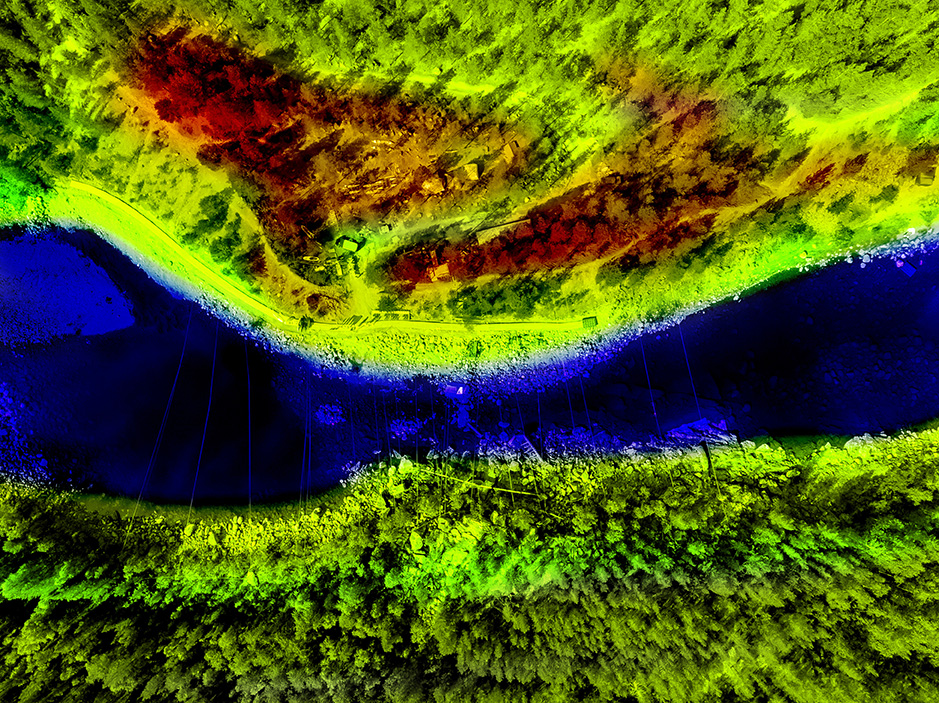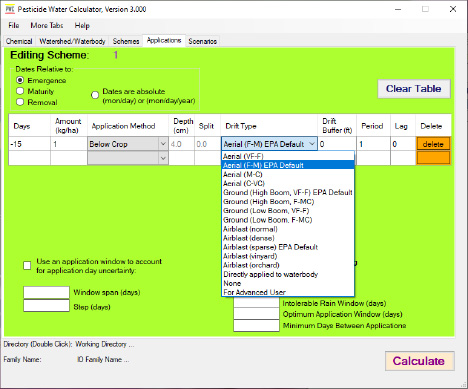Environmental Data Systems and Management

Electronic data collections systems improve the quality of a study and are becoming increasingly more economical to implement, even for smaller studies.
![]()
Field Studies require
Developing reliable electronic systems to collect data
Part of any field study is recording actions performed and other data. Recording this information is not only a good scientific practice, but it’s a vital component ensuring the integrity and reproducibility of a study. Recording data on paper forms has long been the norm, but it’s prone to recording errors and requires the time-consuming process of transcribing these forms into an electronic system to perform any study-wide analysis.

Do you have questions about our Environmental Data Systems and Management work?
Contact Waterborne's Global Environmental Data Systems and Management lead, Gerco Hoogeweg, at hoogewegg@waterborne-env.com.
Chamber Workforce Programs
"Something nice someone has to say about Waterborne's Environmental Data Systems and Management team"Testimonial Name
Our Database/Data System Development Work
We strive to provide the highest quality data systems to support our client’s project. Waterborne’s experts develop reliable electronic systems to collect data recorded by personnel and parameters collected by in-situ monitoring equipment such as weather, soil moisture, and stream conditions. These data are stored in structured databases in adherence with USEPA’s Good Lab Practice Standards. Using and electronic data collection and storage system reduces occurrences of recording errors and improves capabilities to track changes made to data, improving the quality of any study. With procedures to track data from creation through archival, we ensure the data’s integrity through its entire life cycle. Well-structured databases enable us to look wholistically at a study and provide timely responses to data inquiries.







